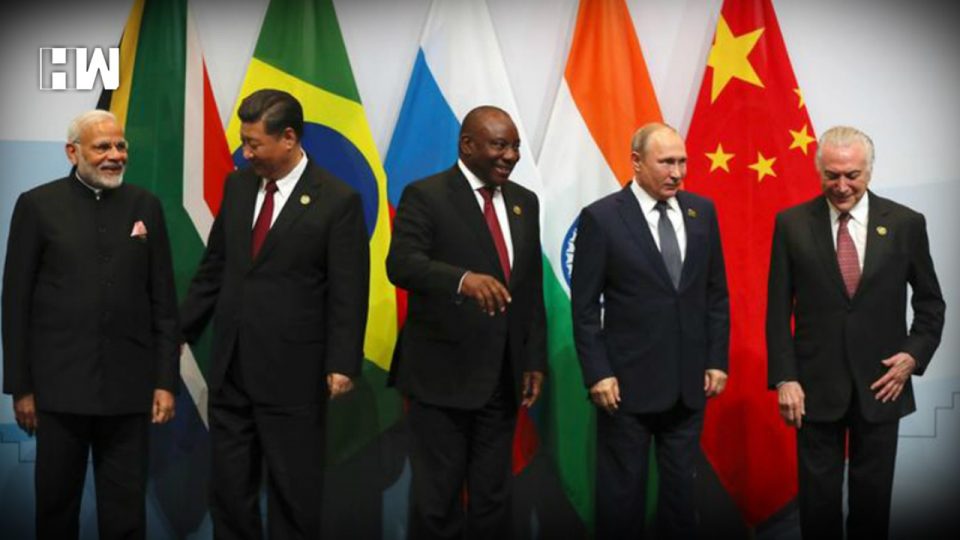An Indian-driven gold mining project in Siberia has been hailed at the BRICS Summit here as the first practical implementation of the objectives of the grouping comprising Brazil, Russia, India, China and South Africa.
The Kluchevskoye Gold Mining Project, initiated by India’s SUN Gold Ltd, is being seen as the first-ever industrial public-private partnership investment project to be undertaken by partners from all BRICS member-states.
China National Gold Group Corporation, the Russian Sovereign Investment Fund, Far East and Baikal Region Development Fund (FEDF), and leading private investment and business leaders from Brazil and South Africa, are partnering in the project located in the Chita region of eastern Siberia.
The multinational joint venture will see the transformation of the Kluchevskoye gold deposit into a significant open-pit mine, with an expected gold production of more than 6.5 tonnes per annum.
Pre-production investment of up to USD 500 million is planned, with China National Gold as the major shareholder and technological partner.
CNG, one of the world’s leading gold companies, will provide management and development expertise, while the century-old Indian SUN Group brings 60 years’ of experience of working in Russia, having built several significant businesses in the country, including SUN Brewing, one of the region’s largest beer companies.
FEDF’s involvement will bring regional investment and political support for the project, and opportunities for further growth in the gold and copper mining sector in the Russian Far East.
The South African and Brazilian investors seek to add a dimension to create a joint investment and industrial platform for growth in Africa and Latin America.
“This project has given us an understanding of how BRICS can actually work in a practical manner where we can use complementary strengths,” Shiv Khemka, vice chairman of the Indian-owned SUN Group, told PTI at the summit.
“It’s just a different way of looking at things through two different lenses to bring the expertise of all these countries together to work as a team on something that we hope will be very successful.”
He said his company bought the Siberian mine in 2007 as it looked around for old mines which presented opportunities.
“The local government was also very supportive, so that was important for us,” Khemka said. He has lived in Russia for 25 years and started up several companies there.
Ivor Ichikowitz, chairman of TransAfrica Capital, said the project marked a critical step in the evolution of BRICS.
“It is projects like this that make a real economic impact not only on economic growth, but more importantly by creating jobs which impact on citizens’ lives while at the same time bringing the BRICS collective closer together,” Ichikowitz said.
Iqbal Surve, chairman of BRICS Business Council, was hopeful about the venture serving as a model for multilateral cooperation for other countries as well.
“This innovative model of public and private partners from BRICS countries coming together can be used as a model to tackle significant projects in non-BRICS countries as well, creating a sustainable model for cooperation, collaboration and investment-led economic growth, boosting industrial development and providing turnkey, sustainable job creation,” Surve said.
As an independent media platform, we do not take advertisements from governments and corporate houses. It is you, our readers, who have supported us on our journey to do honest and unbiased journalism. Please contribute, so that we can continue to do the same in future.

